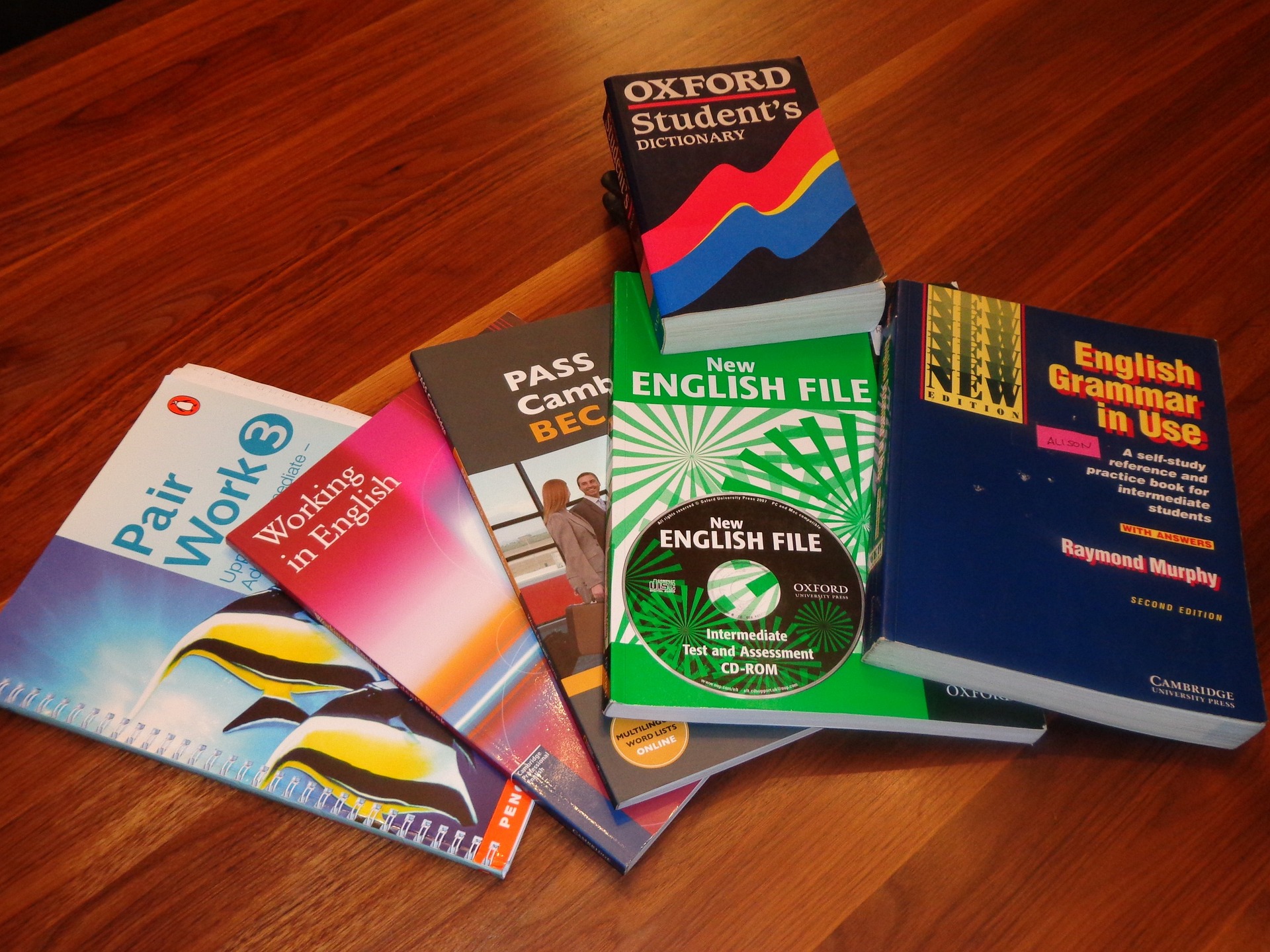Navigate the Cambridge exam maze: your definitive guide to choosing the perfect Cambridge English exam
 What are the Cambridge exams?
What are the Cambridge exams?
Cambridge Assessment English, formerly known as Cambridge English, is an organization that is part of the prestigious University of Cambridge. For over a hundred years, this organization has developed a series of internationally recognized exams. These exams certify candidates’ level of English is accepted by thousands of universities and companies around the world. For this reason, certifying your English level with one of these exams is a great way to open new doors to advance your academic and professional career. How to choose the Cambridge English exam that best suits your needs?
There are several Cambridge English levels and we will highlight them throughout this article. Language schools offer Cambridge exam preparation courses to help you take the right level exam and succeed.
What are the different levels of the Cambridge exams?
Cambridge English levels are 3:
- Basic levels: A1 and A2
- Intermediate Levels: B1 and B2
- Advanced levels: C1 and C2
Basic levels
The KET exam is the Key English Test. It covers the basic and elementary level of English and demonstrates that you can use English in simple situations. At the same time, it shows that you have all the basic concepts of the language.
It corresponds to level A2 of the CEFR (Common European Framework of Reference for Languages), which is the most widely used standard for measuring linguistic ability in English, and on which the Cambridge exams are based.
The exam consists of three parts:
- Reading and writing
- Listening comprehension
- Oral expression
There is also a version of this test designed for use in schools.
Intermediate levels
PET, the Preliminary English Test is equivalent to level B1 of the CEFR. Like KET, it covers the four main skills.
Demonstrates that the student can speak and understand native speakers and can understand texts on a wider range of topics than students who have taken the KET exam.
Schools also have the option of offering the PET for Schools exam, which is very similar, but with materials designed for younger students.
FCE
The FCE, or First Certificate in English is different from the first two main Cambridge exams in that it also contains a grammar section, called “Use of English”.
There are four written tests in this exam:
- Reading
- Writing
- Oral comprehension
- Use of English
There is also a speaking test, conducted in pairs, which lasts approximately 15 minutes. This is an upper-intermediate level exam and is equivalent to CEFR level B2. It is recognized by many companies around the world, including American Express, as an indicator of English proficiency.
It is also accepted by many universities and schools around the world as proof of a sufficiently good ability for studies.
Advanced levels
CAE
The Certificate in Advanced English, or CAE, is an advanced level exam recognized by more than 11,000 companies and universities around the world. It is also approved by the Australian government for student visas, and by the UK Border Agency for Tier 4 student visas.
The exam itself covers:
- Reading
- Listening comprehension
- Use of English
- Writing
- Oral expression
It is very difficult to pass this exam without specific preparation for it, so a course of study at an accredited language school is highly recommended.
CPE
The last exam in the main series of Cambridge exams is the Certificate of Proficiency in English. This exam tests the same skills as the other main Cambridge exams, but at a much higher level.
A course of study at a language school is strongly recommended as part of your preparation. The ability to use idiomatic expressions and abstract language accurately and appropriately becomes much more important at this level, as does the ability to understand a wider variety of texts, both written and aural.
All of these qualifications are recognized worldwide and, if you are looking for a general English exam, Cambridge English exams are the best measure of your ability.
 How can I prepare for the Cambridge exam?
How can I prepare for the Cambridge exam?
Cambridge exams are very important and it is important to dedicate the time they deserve, it is not recommended to be tested with only one or two weeks of preparation. In many cases, self-preparation is also not recommended.
For some exams, such as C1 and C2, it is recommended to do it with the support of educational institutions, since the material to be covered is very intense and difficult. Likewise, it is important to study by one’s own means and for this reason, we offer the following tips:
- Know what’s inside the exam. It is always good to know what to expect. See the Cambridge Assessment English website for the format of the exams. Some tests have two versions: one for school-age students and one for adult students. In the case of the First Certificate there are four parts, one for each language skill: reading, writing, listening and speaking.
- Check the CEFR level descriptors, especially for B2. Know the specific skills you need to practice to pass the exam. The Council of Europe has a list of descriptors for all CEFR levels here. Translations are available.
- Work on your English reading skills. In the reading section, you will read different types of texts, such as advertisements, magazine articles and novels.
- It also studies different types of text. When reading, pay attention to details. Note also the writer’s opinions, purpose and attitude.
- The exams are in British English, so focus on British English texts. The BBC website is always a wonderful resource.
- Improving knowledge of grammar and vocabulary in the language is very important. At the time of Reading you will have to test your knowledge especially in grammar and vocabulary.
